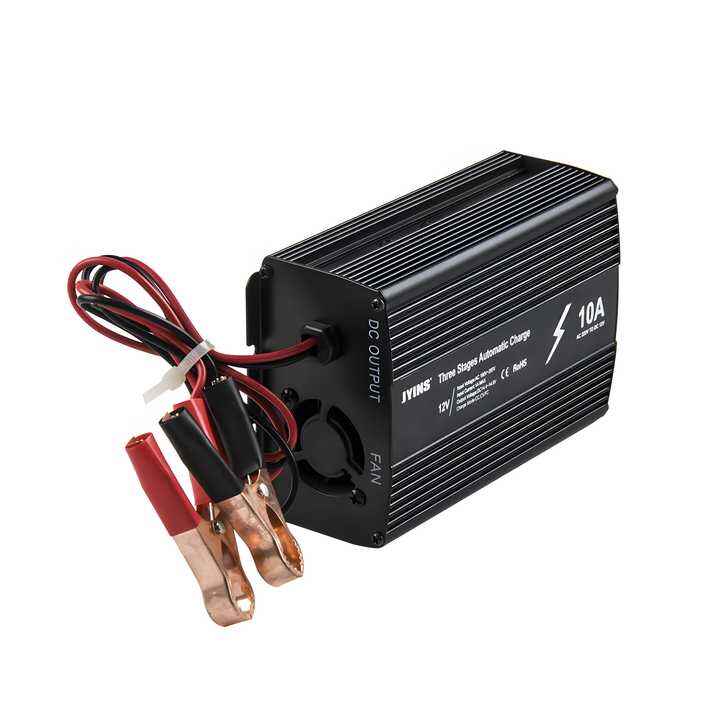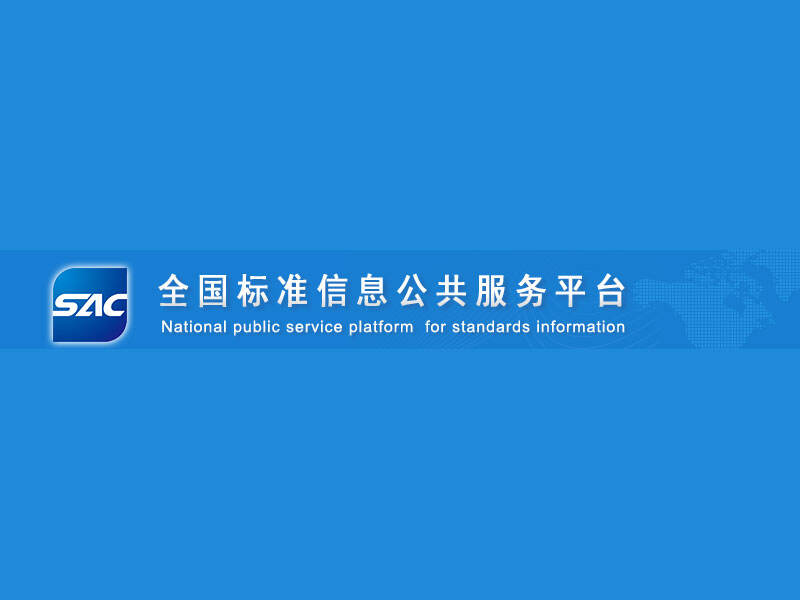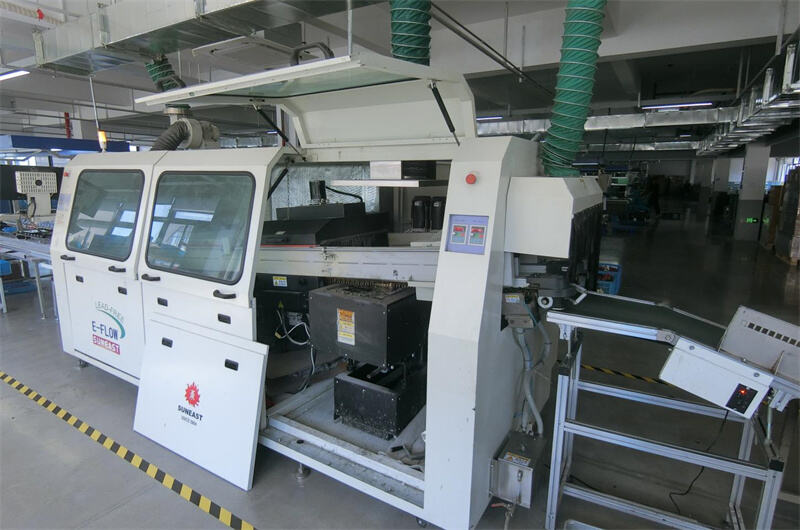The EU Carbon Tariff, or the Carbon Border Adjustment Mechanism (CBAM) to use its official title is now a reality and is affecting how global trade and supply chains behave. And the US Inflation Reduction Act is redefining almost every aspect of global business. Wholesale buyers and manufacturers must adapt to these changes in order to successfully negotiate through the changing landscape
What Wholesale Buyers Need to Know
It’s important for a wholesale buyer to be aware of current trading regulations and the latest tariffs in order to keep things running smoothly and prevent profits from being eaten up due to import duties. With the EU Carbon Tariff and US Inflation Reduction Act currently in play, now is the time to do your homework and ensure you knowe how these changes may affect your supply chain / pricing strategies
Reshaping Global Supply Chains
The EU Carbon Tariff and the US Inflation Reduction Act Continue to Change Global Supply Chains Dramatically. Every manufacturers and wholesale buyers have to readjust in some ways by searching for or sourcing the materials, though modifying how they produce is a take on. Collaboration and innovation will be key to reinventing supply chains to accommodate the new regulations and still remain efficient, profitable operations
How to Manage the Impact of an EU Carbon Tariff on Wholesale Trade
The EU Carbon Tariff results in additional costs on imports depending upon its carbon footprint, by wholesale trade globally. By adopting best practices and seeking eco-friendly suppliers, businesses can minimize the impact of the EU Carbon Tariff on their operations while staying ahead in market
Aligning Supply Chains with the US Inflation Reduction Act
The US Inflation Reduction Act is designed to restore the production of goods and will control both imports as well as reduce inflation directly. Those who are wholesale buyers should examine their supply chains in order to verify if they are adhering to the Act’s set standards and regulations. They can navigate changing trade, and lessen the exposure to price inflation on their domestic operations by moving towards local production and sourcing
Increasing profit margins amidst changes in Global Trade Regulations
With changing trade regulations and tariffs, importers need to concentrate on increasing profit margins and be compliant with global norms. Its important to keep up on the latest in global trade development and regulations so that you can make informed decisions about your business, as well as your customers.
The introduction of the EU Carbon Tariff and US Inflation Reduction Act marks seismic shift for global trade relations. Wholesale buyers need to transform how we relate to lovers by adopting sustainability, innovation and compliance in order to successfully navigate this rapidly changing terrain







